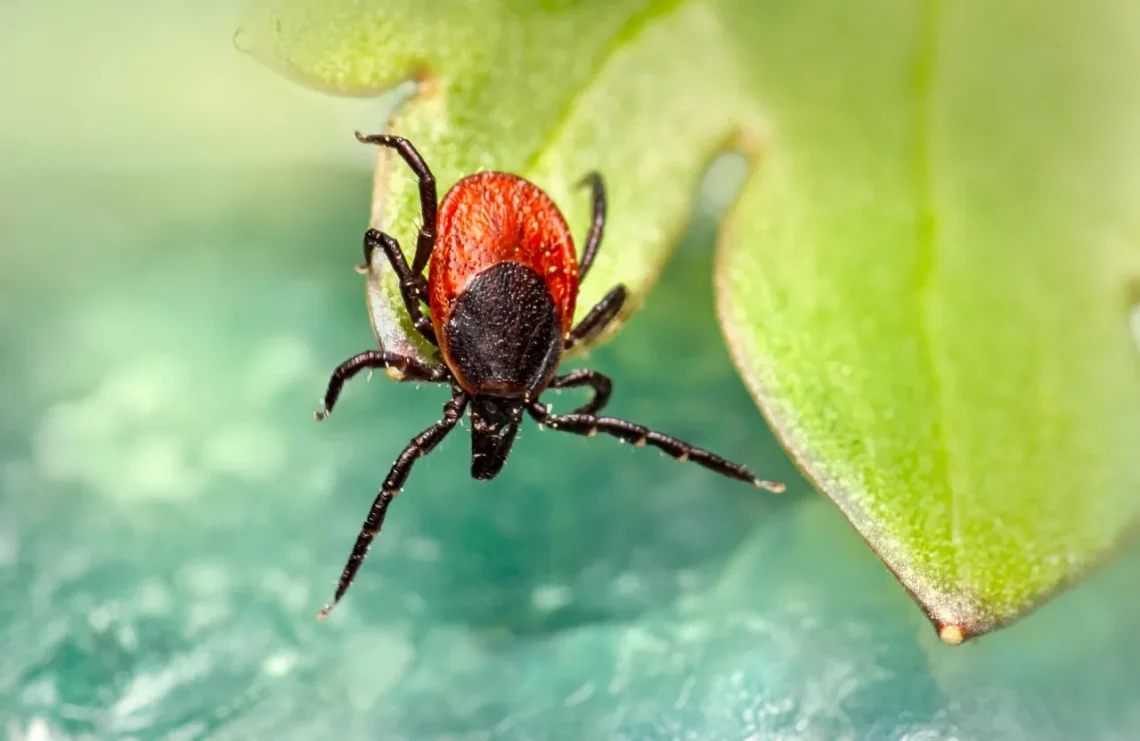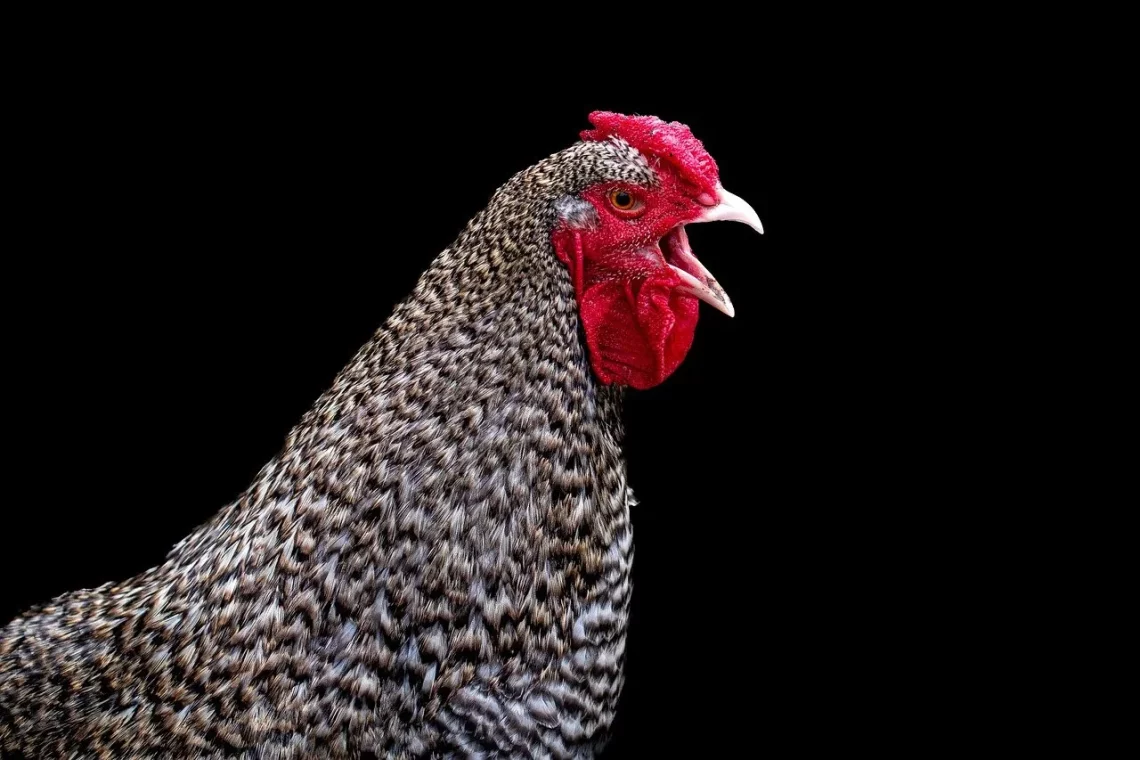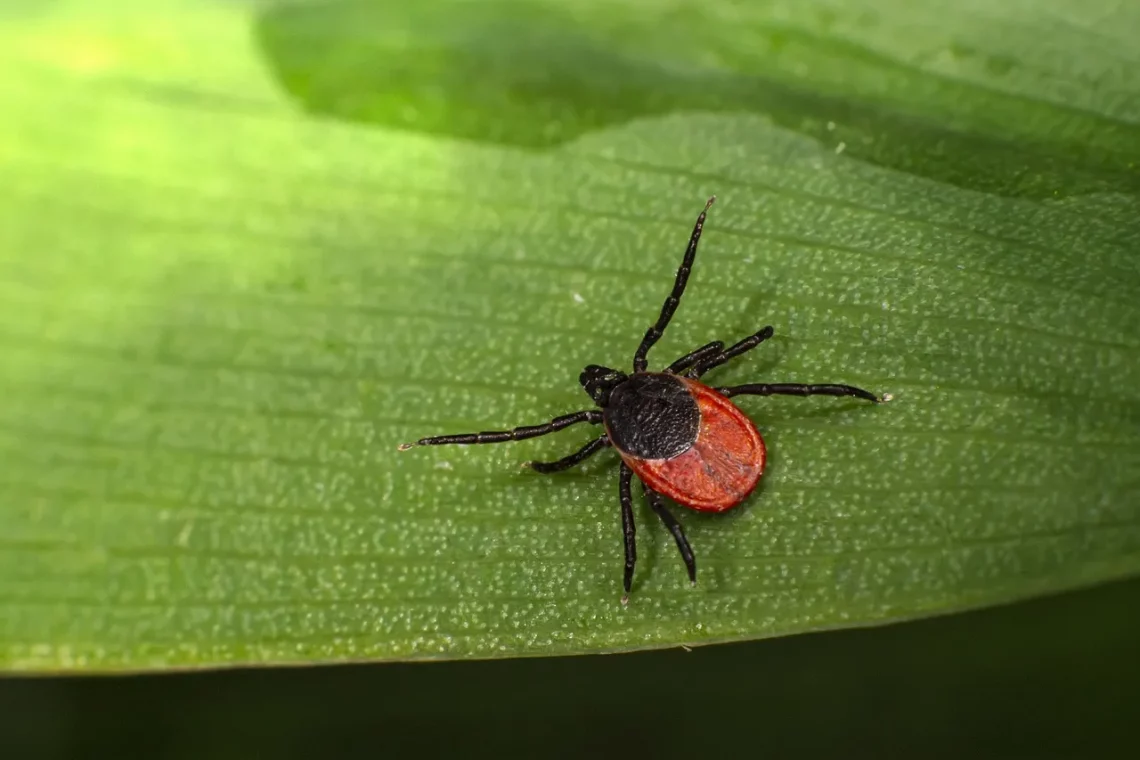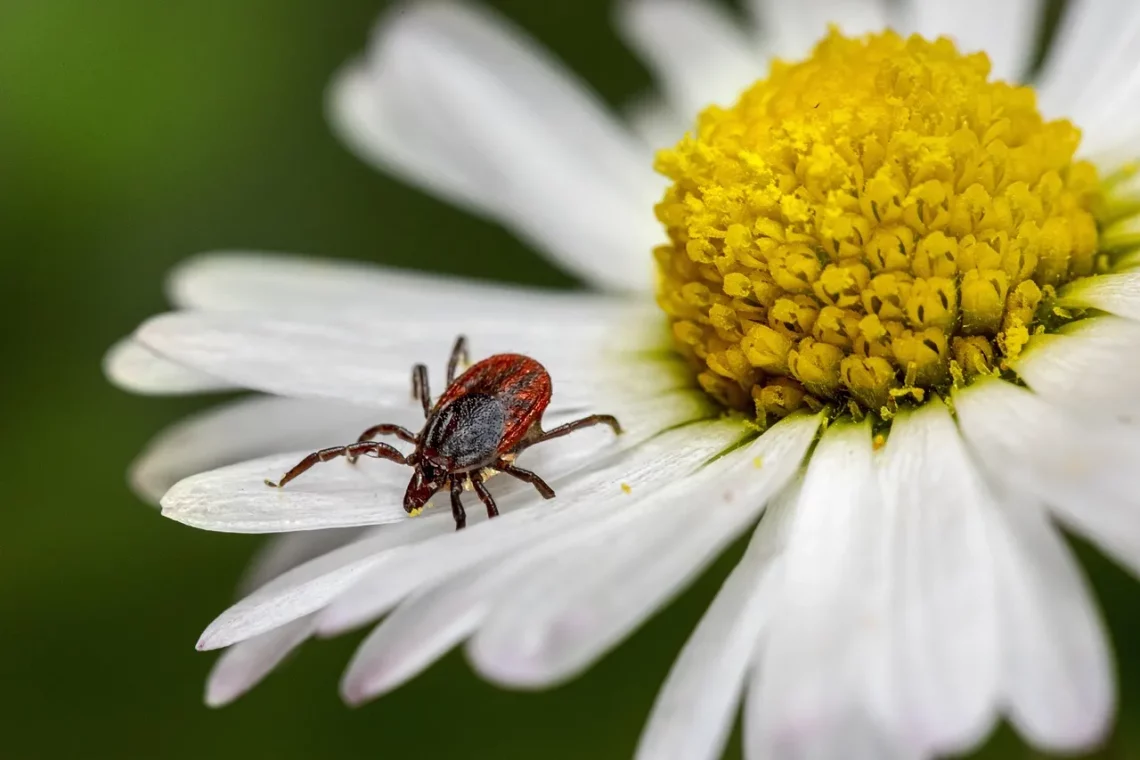-
How Long Do Ticks Live Without a Host? Understanding Their Lifespan
Ticks are small arachnids that are often overlooked but play a significant role in the ecosystem. These creatures are notorious for their ability to transmit various diseases, making them a concern for both humans and animals alike. Understanding the biology and behavior of ticks is crucial for effective prevention and management strategies. One of the most intriguing aspects of ticks is their lifecycle and how they survive without a host. Ticks have evolved remarkable survival strategies to endure periods when hosts are scarce. Their ability to remain dormant for extended periods is a fascinating adaptation that allows them to thrive in various environments. This resilience raises important questions about their…
-
Effective Tick Shampoo for Dogs: Keep Your Pet Pest-Free
Keeping our furry companions safe from pests is a crucial part of being a responsible pet owner. One of the most common and concerning threats to dogs is ticks, which can carry various diseases that pose serious health risks. Ticks thrive in grassy and wooded areas, making outdoor adventures a potential minefield for your pet. The presence of these parasites can lead to significant discomfort for your dog and, in some cases, may even result in severe health complications. As a pet owner, it’s essential to be proactive in tick prevention. While there are various methods to keep ticks at bay, using effective tick shampoo is one of the most…
-
Simparica vs Simparica Trio: Which is the Best Choice for Your Pets?
When it comes to the well-being of our beloved pets, ensuring their health and comfort is of utmost importance. As pet owners, we are often faced with the challenge of choosing the right products to protect our furry friends from parasites such as fleas, ticks, and heartworms. The market is flooded with various options, each claiming to provide the best protection. Among these, Simparica and Simparica Trio have emerged as popular choices. Understanding the differences and benefits of each can empower pet owners to make informed decisions that cater to their pets’ specific needs. Both of these products are designed to tackle common parasites that can affect dogs and cats,…
-
Does Diatomaceous Earth Effectively Kill Ticks in Your Yard?
Diatomaceous earth (DE) has gained popularity as a natural pest control option in recent years, especially among homeowners looking to maintain a healthy yard. This fine powder, made from the fossilized remains of tiny aquatic organisms called diatoms, is often hailed for its effectiveness against various pests. Among these pests are ticks, which can pose significant health risks to both humans and pets. With increasing awareness of tick-borne diseases, many property owners are searching for safe and eco-friendly ways to manage tick populations in their outdoor spaces. The appeal of diatomaceous earth lies in its natural composition and the belief that it can effectively disrupt the life cycle of ticks…
-
The Ultimate Guide to Flea and Tick Shots for Dogs
Fleas and ticks are more than just a nuisance for dogs; they pose significant health risks to our furry companions. These tiny parasites can cause everything from skin irritations to severe diseases, affecting not only the pets but also their owners. The impact of fleas and ticks extends beyond physical discomfort, often leading to anxiety and stress for both pets and their owners. As responsible pet owners, it’s essential to stay informed about preventive measures, one of which includes vaccinations and treatments designed specifically for these pests. The prevalence of flea and tick infestations can vary based on the season, geographical location, and lifestyle of the dog. Understanding the lifecycle…
-
Will Chickens Eat Ticks? Discover Their Pest Control Benefits
Chickens have long been regarded as valuable additions to any homestead or garden, not just for their ability to provide fresh eggs and meat, but also for their role in pest control. These feathered foragers exhibit a natural instinct to search for and consume various insects, including ticks, which can pose health risks to both animals and humans. The relationship between chickens and pest management is a fascinating one, as it showcases how nature can work in harmony with agriculture to create a healthier and more sustainable environment. In recent years, there has been a growing interest among backyard chicken keepers and farmers alike in utilizing chickens as a natural…
-
How to Identify and Treat Ticks in Dogs’ Ears Effectively
Ticks are small arachnids that can cause significant health issues for dogs, particularly when they infest sensitive areas like the ears. These pests are not only a nuisance but can also lead to serious diseases if left untreated. Understanding how to identify ticks in your dog’s ears is crucial for maintaining their health and comfort. The ears are often warm, dark, and moist—perfect conditions for ticks to thrive. Moreover, dogs frequently enjoy outdoor activities, increasing their exposure to tick environments. As a responsible pet owner, recognizing the signs of tick presence and knowing how to deal with them effectively can make a considerable difference in your dog’s well-being. Ticks can…
-
How Long Can a Tick Survive Without a Host? Exploring Longevity
Ticks are small, blood-sucking arachnids that belong to the order Ixodida. They are often associated with wooded and grassy areas, where they wait patiently for a host to pass by. Their ability to latch onto various mammals, birds, and even reptiles makes them versatile parasites; however, their survival is not solely dependent on the availability of a host. The longevity of ticks without a host is a fascinating subject that intertwines their biology, environmental conditions, and life cycle. Understanding how long ticks can survive without a host not only sheds light on their ecological role but also aids in the prevention of tick-borne diseases. These pathogens can be transmitted to…
-
Can Chickens Eat Ticks? Exploring Their Natural Pest Control Abilities
Chickens have long been valued not just for their eggs and meat, but also for their remarkable ability to help control pests in gardens and backyards. These feathery foragers are known for their insatiable curiosity and appetite for a wide variety of insects. Among these pests, ticks stand out as particularly concerning due to their potential to transmit diseases to both animals and humans. As more people turn to natural methods for pest control, the question arises: can chickens actually eat ticks? Understanding the dietary habits of chickens can shed light on their role in managing pest populations. These birds are omnivorous, meaning they consume both plant and animal matter,…
-
Can Ticks Survive in Water? Exploring Their Habitat and Behavior
Ticks are small arachnids that belong to the class of arachnids, closely related to spiders and mites. Despite their diminutive size, these creatures have gained notoriety as vectors of various diseases, including Lyme disease and Rocky Mountain spotted fever. Their life cycle includes several stages—larvae, nymphs, and adults—and they rely on a host for blood meals at each stage to grow and reproduce. Ticks are often found in grassy or wooded areas, where they can easily latch onto passing animals or humans. The survival strategies of ticks are fascinating, particularly when it comes to their resilience in different habitats. One of the most intriguing questions that arise is whether ticks…





































